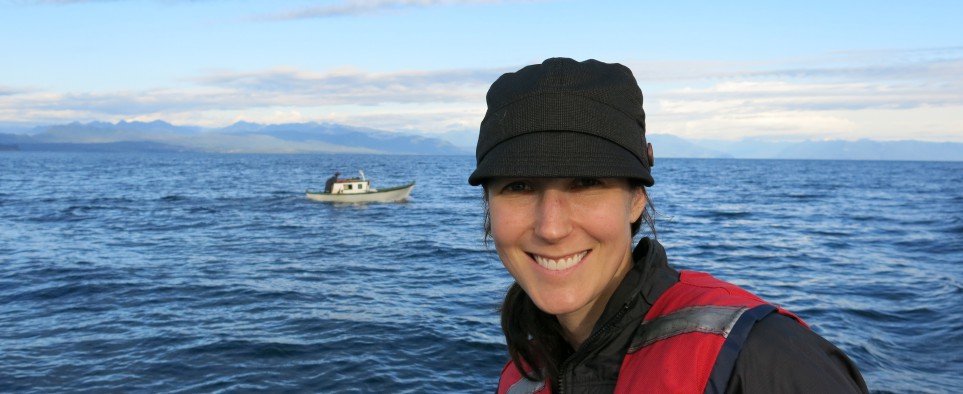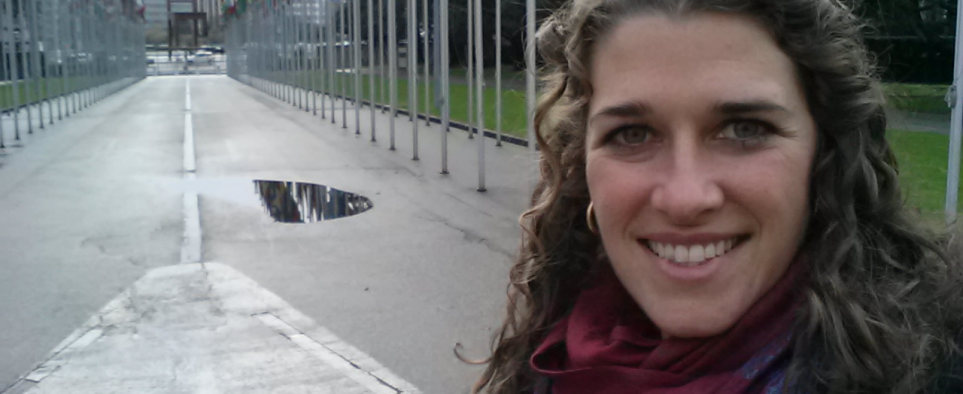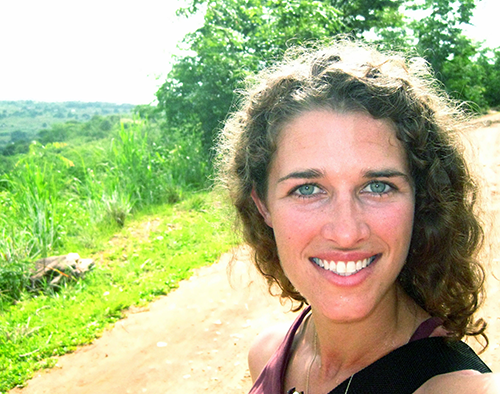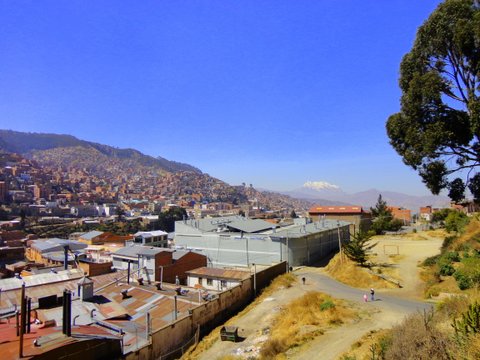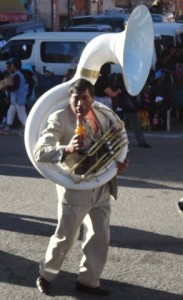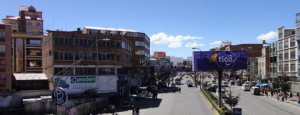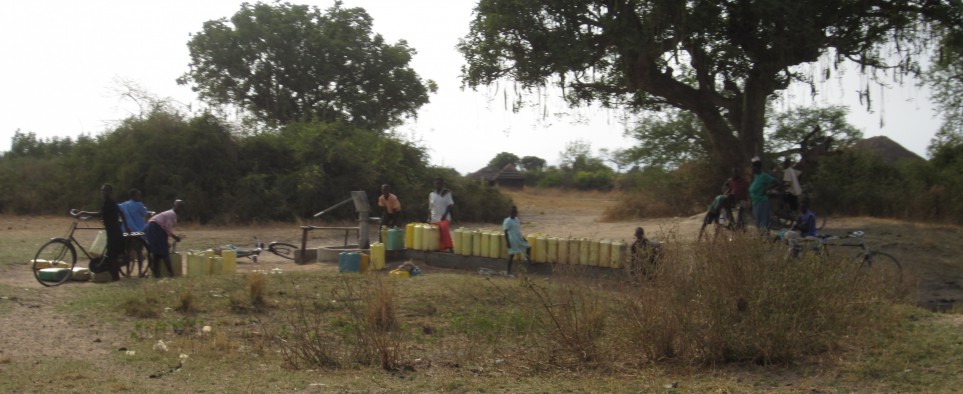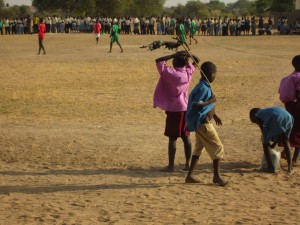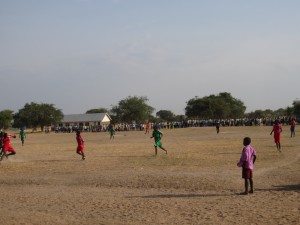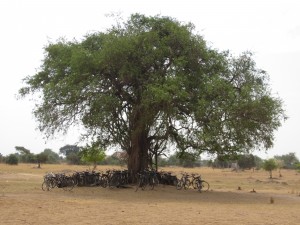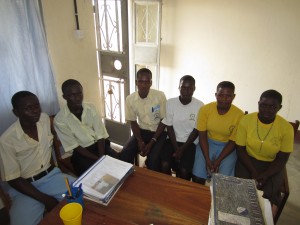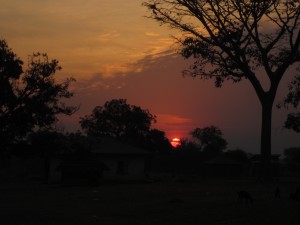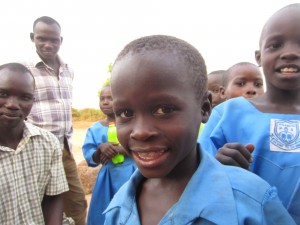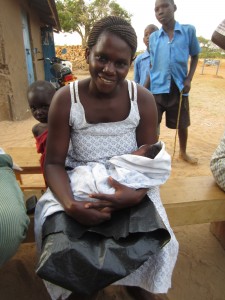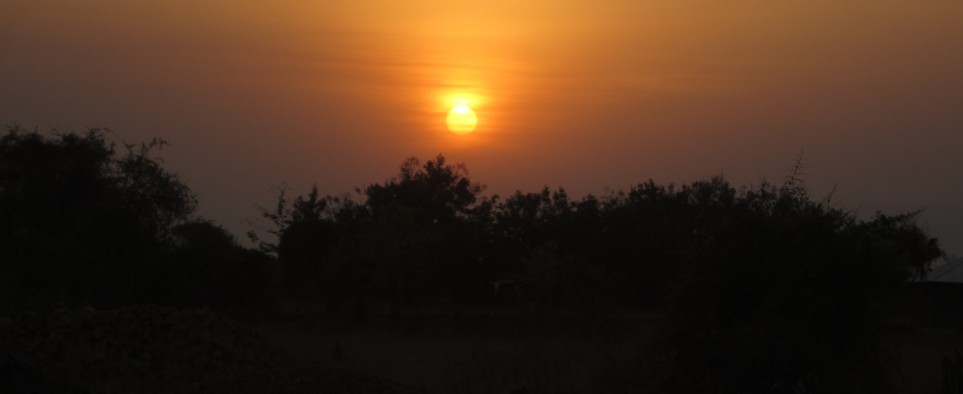I spent the day in Kabaale, where residents were told last Thursday that they’d be evicted to make way for an oil refinery. No word on when, so keep going about your daily lives as if we’re not going to take away your ancestral lands and inadequately compensate you.
Kabaale is the same town where a powerplant *might* be planned (to be built by a Norwegian company). They’re like Russian Dolls: the powerplant is a microcosm of the refinery, which is a microcosm of oil development in general.
Powerplant: when surveyors started demarcating land, locals hadn’t been informed. In terror, they started looking for answers (from local leaders, regional leaders, oil companies) and got none. So they rioted in the streets (street) of Kabaale, looking for the regional leader’s head or some information. What they got was an “office” in town only occasionally staffed and an announcement that when the land was needed people would be updated. 2 years later, no updates, but there are rumors the power plant is not going to happen. No one knows who was planning to build the power plant.
Back across town, where people were just informed their land would soon become a refinery, no one rioted, because when the minister of energy, the district police commissioner, the military and a bunch of other big men from kampala showed up to announce the plans, they threatened to “use force” against anyone who attempted to “sabotage” the refinery plans. People don’t know what, exactly, that means, but when four LCs (local government leaders) banded together to prevent surveyors from traipsing through property (and breaking crops), the government responded by sending the military to help with the land staking process.
Speaking of land, I spent part of the afternoon with a landowner whose acreage will be taken for the refinery. He asked government officials about compensation rates and was told they hadn’t been set. He tried to sell his land but no one will buy it, because they know the government compensation rates will be low. AFIEGO (a remarkably brave Ugandan NGO) told the people to ask the government to rent their land from them, that way after the oil stops in 30-40 years, they can have their property back, and along the way they can have an annual income from it. The government replied no, they don’t have the money to rent the land (but they have the money to buy it?) and no, no one can apply for titles to their land now – it’s too late, it has already been designated for the refinery.
The heavy-handedness is being used not just to prevent protest, but also to actively prevent people from pursuing what is rightfully theirs (namely, title and adequate compensation).
Here’s another issue. As one woman described it, “Water is painful in Kabaale.” In the dry season the boreholes run dry by midday, so resourceful people show up early, fill a bunch of jerry cans and sell them for 1000 shillings per jerrycan (roughly $0.50). With water that scarce, the refinery better have a pretty awesome plan for sourcing water. If they touch the local aquifers everything will be a mess. The people who are currently doing what the government says out of fear will have nothing left to lose.
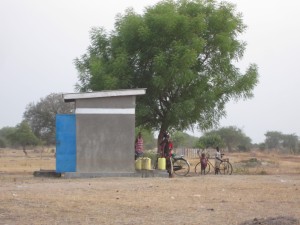
There’s one other thing. No one would talk to us in Kabaale town. The people who were sitting in the shop where we bought a coke all left when we arrived. A group of men loitering under a tree stared at us every time our car went by. A slender old man whispered to a shopkeeper to find out why we were here (he used Kiswahili, and he called us fools). People wouldn’t even let children hang around and stare at the white girl. People ALWAYS let kids stare at the mzungu. Jonathan, who might be a paranoid crazy person or might be 100% right, kept pointing out people and assuring me they were security. There’s a rumor (unconfirmed) that the government is using cattle herders to spy on people. This could seriously just be racism, but it could also be true. One herder was found with a pistol on him (don’t know how that came to pass), and the herders relocated to the oil area made no complaints when the government once again resettled them off of the oil area. I tend to think it’s a far-fetched conspiracy theory, but Museveni most definitely has spies in the oil area (one local expert says the government knows every time she goes to the oil area, even when she goes unannounced). And it really doesn’t matter whether it’s true – it’s the kind of thing that will exacerbate tensions between cultures.
From a human rights perspective, any company that sends oil to this refinery is complicit in civil and political (and property) rights violations. Risks to health, environment and water are possible but unknown and, to date, totally understudied. It would take an extremely proactive company to invest significant human and financial resources in the area to ensure that its activities could not be considered complicit in mistreatment. While oil contracts and production agreements languish in parliament, such investment is not visible out here.
Tomorrow, Kaiso/Tonya. I’m nervous that the community will be closed off like Kabaale. If so, that’s a story in itself, but it doesn’t get me much information.
